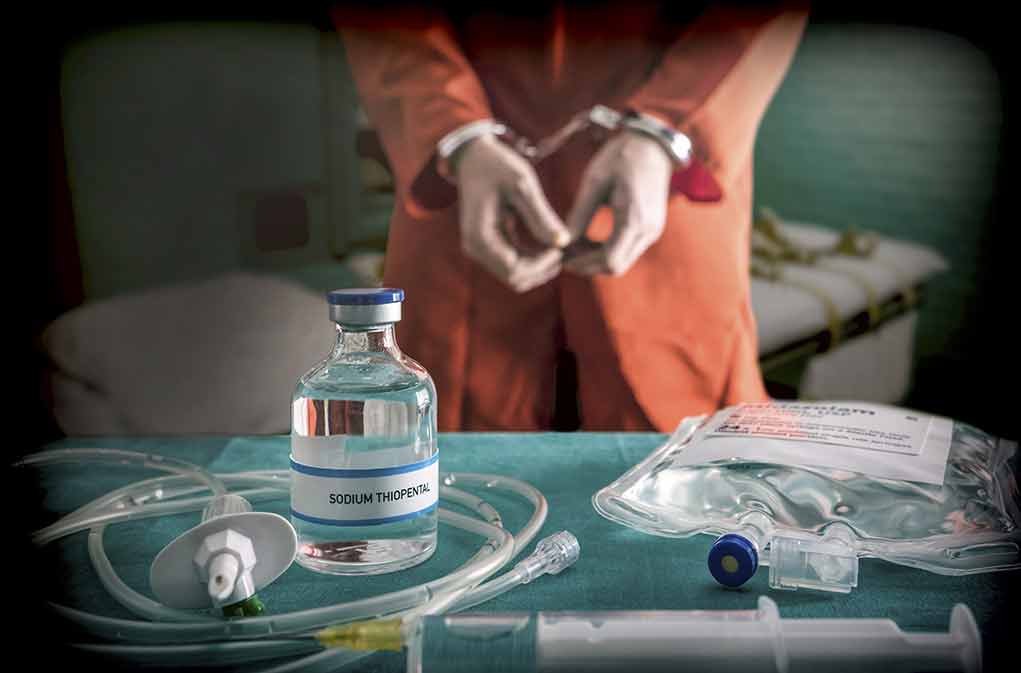
The execution of 102 individuals labeled as “Kulunas” in Kinshasa has ignited a heated debate balancing security and human rights.
At a Glance
- The Congolese government carried out the execution of 102 individuals, with an additional 70 potentially facing the same fate.
- Executed individuals were identified as armed robbers and “urban bandits” in the age range of 18 to 35.
- The executions took place at Angenga prison, and the death penalty continues to be a divisive issue.
- Critics emphasize addressing socio-economic issues to effectively combat crime.
Controversial Executions in Kinshasa
The Congolese government executed 102 men in the past week, with 70 more set to face similar consequences at Angenga prison in northwest Congo. These individuals, aged 18 to 35, were deemed armed robbers and “urban bandits” known as Kulunas. The Justice Minister, Mutamba, confirmed the continuation of the death penalty, stating that a new batch has arrived, though their status remains unclear.
Controversy surrounds the decision, which has drawn polarized reactions. Fiston Kakule, a Goma resident, supports the executions, highlighting the positive impact on urban safety. Expressing relief, Kakule stated, “We welcome this decision by the minister because it will help put an end to urban crime. From 8 p.m. onwards, you can’t move around freely because you’re afraid of running into a Kuluna.”
Criticism from Human Rights Advocates
The execution measure faces criticism from human rights activists for potential abuses and extrajudicial killings. Activist Espoir Muhinuka warns that the judicial process must ensure fairness. Muhinuka emphasizes the need for addressing root causes such as poverty and unemployment to genuinely reduce crime in Kinshasa.
“Some 102 men were executed by the Congolese government in the past week, and 70 more are set to be executed, the country’s minister of justice said Sunday in a statement to the Associated Press.” – country’s minister of justice
The death penalty, abolished in 1981 and reinstated in 2006, has been resumed as of March 2024, initially targeting military personnel accused of treason. Although several soldiers faced death sentences recently, no known executions occurred, further stirring public discourse in the DRC.
The Bigger Picture: Socio-economic Challenges
The executions resurrect a broader dialogue on socio-economic conditions that drive crime in Kinshasa. Human rights groups argue for solutions that target the socio-economic factors like poverty and joblessness, urging a shift from punitive to preventive measures. The debate emphasizes the need for nuanced approaches addressing the root causes over punitive extremes.
For the Congolese populace and policymakers alike, the task remains balancing urban safety with fundamental human rights, highlighting the complexity of governance amidst rising crime rates.
Sources
1. Congo executes 102 ‘urban bandits’ with 70 more set to be killed, officials say
2. ‘Urban bandits’: 102 men executed by Congolese government




